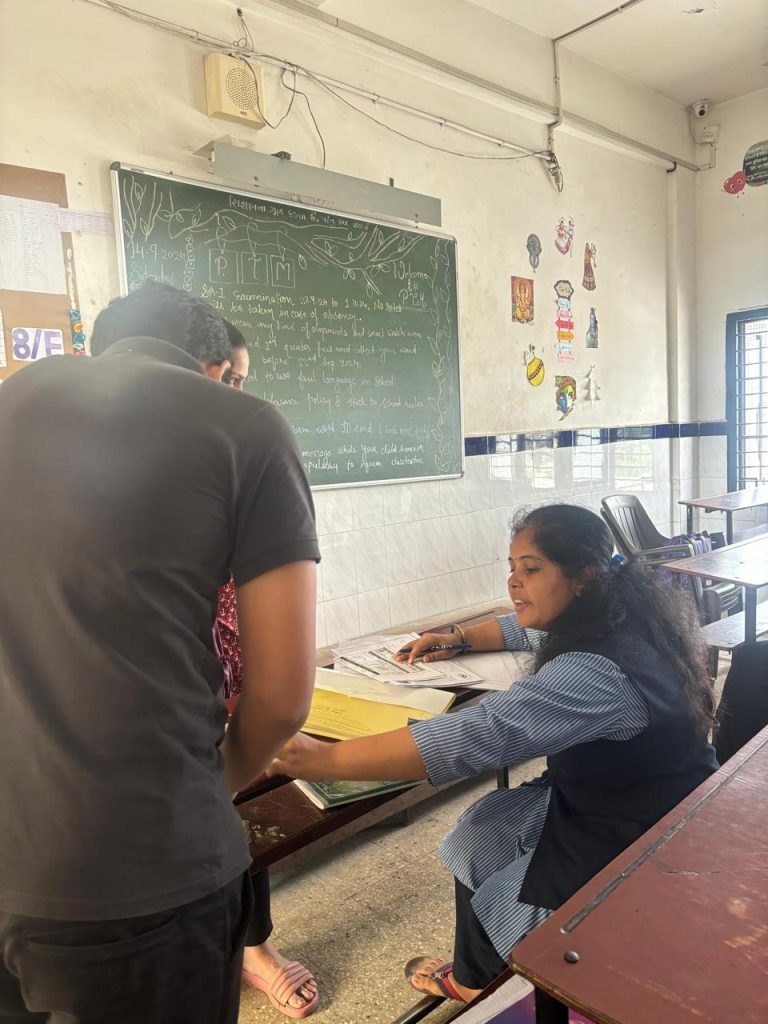At Gajera Vidhya Bhawan Katargam, we firmly believe in the power of collaboration between parents and teachers to ensure our students’ holistic development and academic success. Parent-teacher meetings (PTMs) are pivotal in fostering open communication, building relationships, and creating a supportive educational environment. Let’s explore the significance of parent-teacher conferences, the benefits they offer, and how they contribute to the overall well-being of our students.
To execute the same our September month Parents- Teachers Meeting was conducted on 14/09/2024, Saturday from 1:00 PM – 3:30 PM the parents were intimated through the student official groups well in advance through class teachers and mentors.
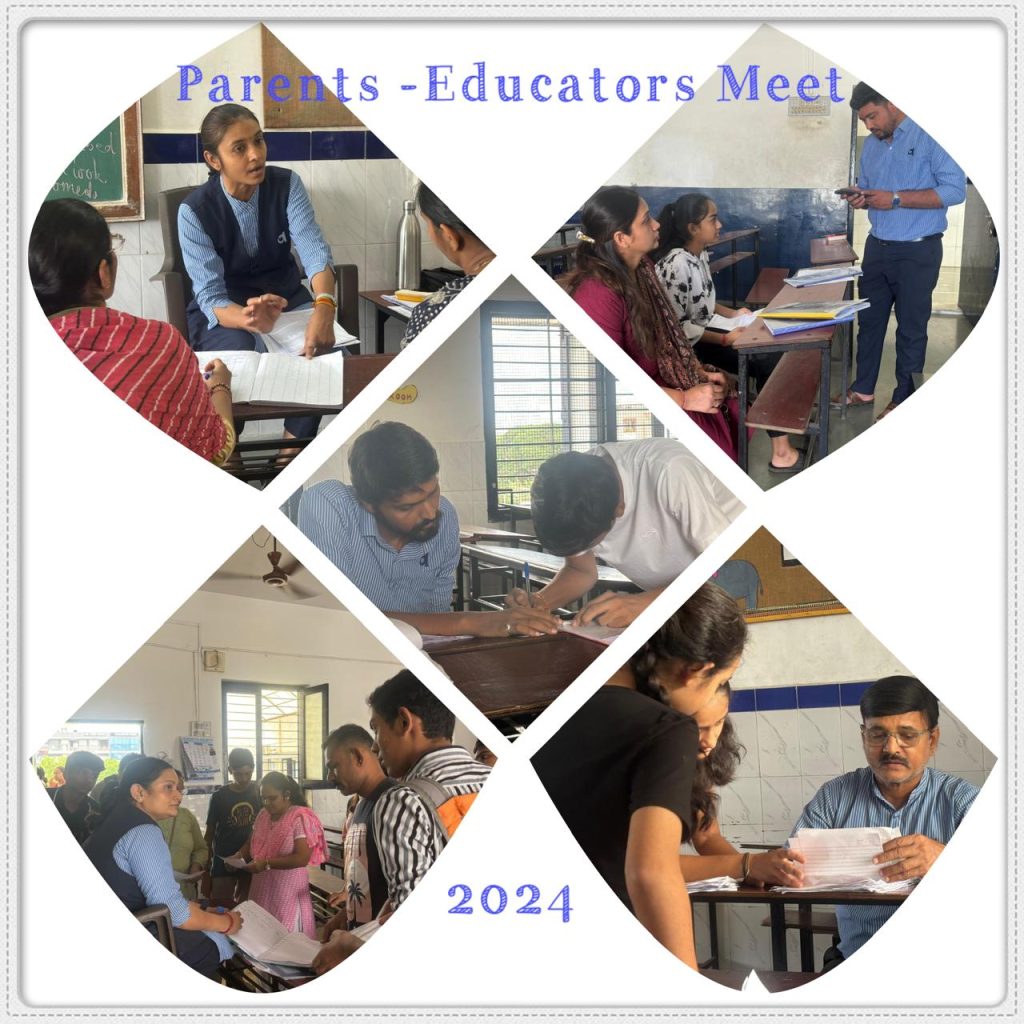
OBJECTIVES AND OUTCOMES OF THE PTM
1.Communication and Collaboration:
PTM created a conducive environment for open and transparent communication between parents and teachers. This dialogue is essential for understanding each student's unique needs and strengths.
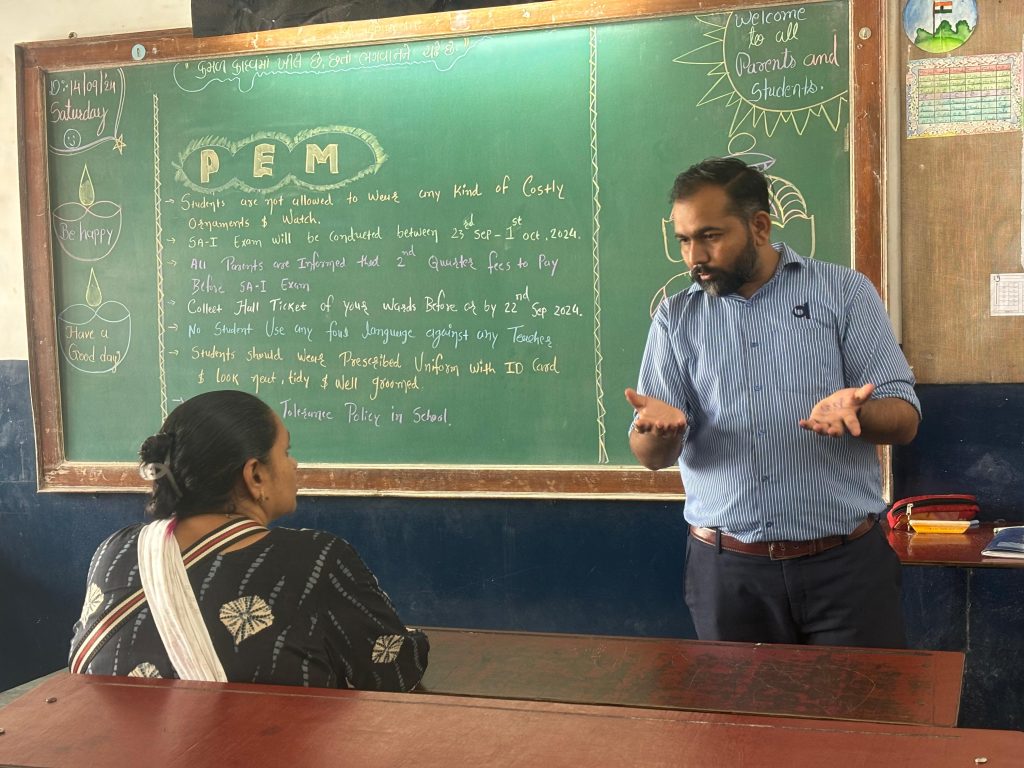
2.Partnership in Education:
By participating in PTMs, parents become active partners in their child's education. The collaborative effort between home and school is crucial for a student's success.
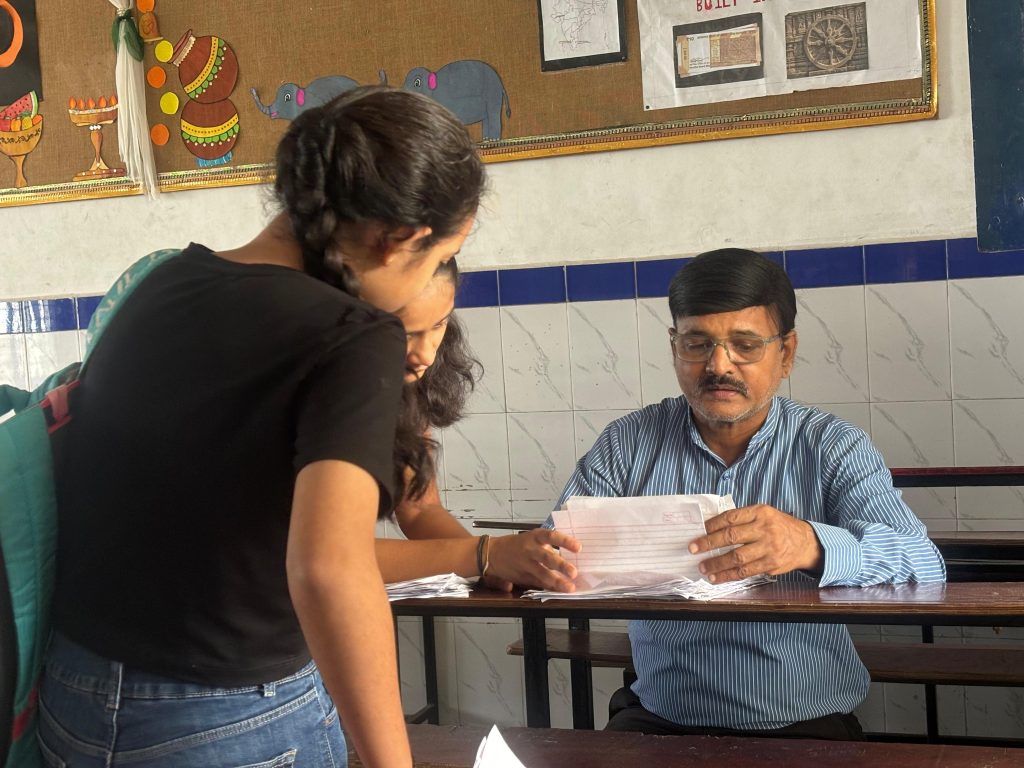
3.Tailored Support: As PTMs allow for the discussion of individualized strategies for a student's academic and personal growth in upcoming Exam. Teachers offered insights into specific learning styles and address any student's challenges as per their observation individually
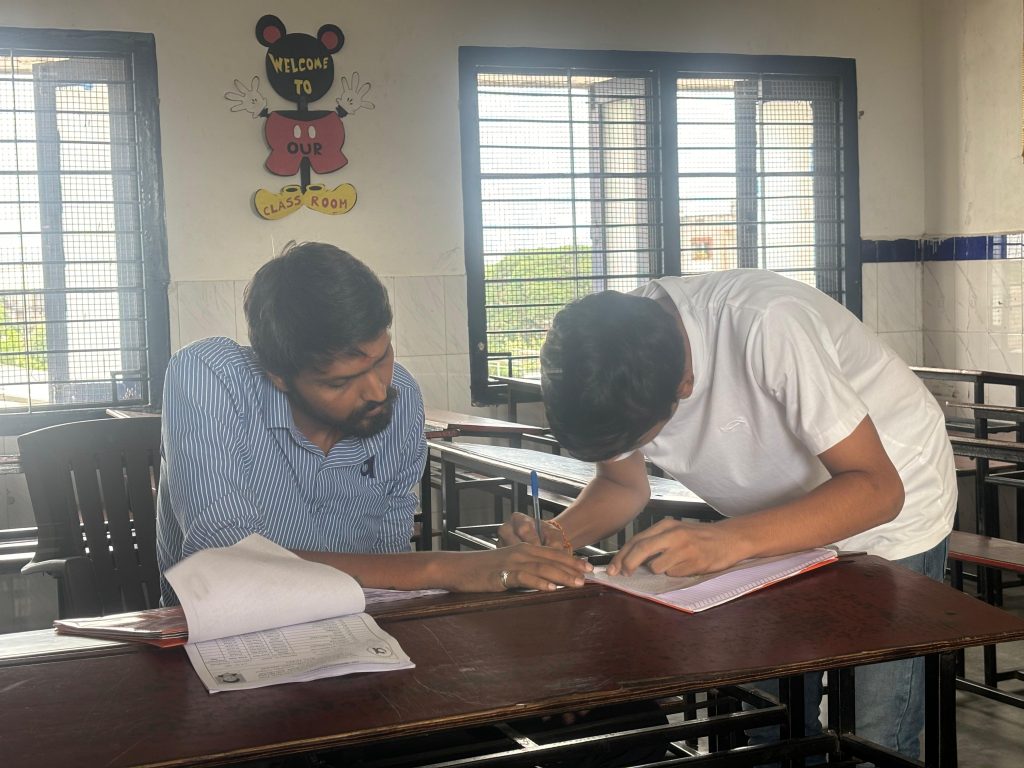
4.Goal Setting: Setting academic and behavioral goals for students is a collaborative effort during PTMs. Parents and teachers Decided to work together to establish realistic and achievable objectives, ensuring a unified student development approach including SA-1 Exam 5.Beyond Academics: While academic progress is crucial, PTMs also addressed the student's holistic development. Discussions can encompass social skills, emotional well-being, and extracurricular involvement.
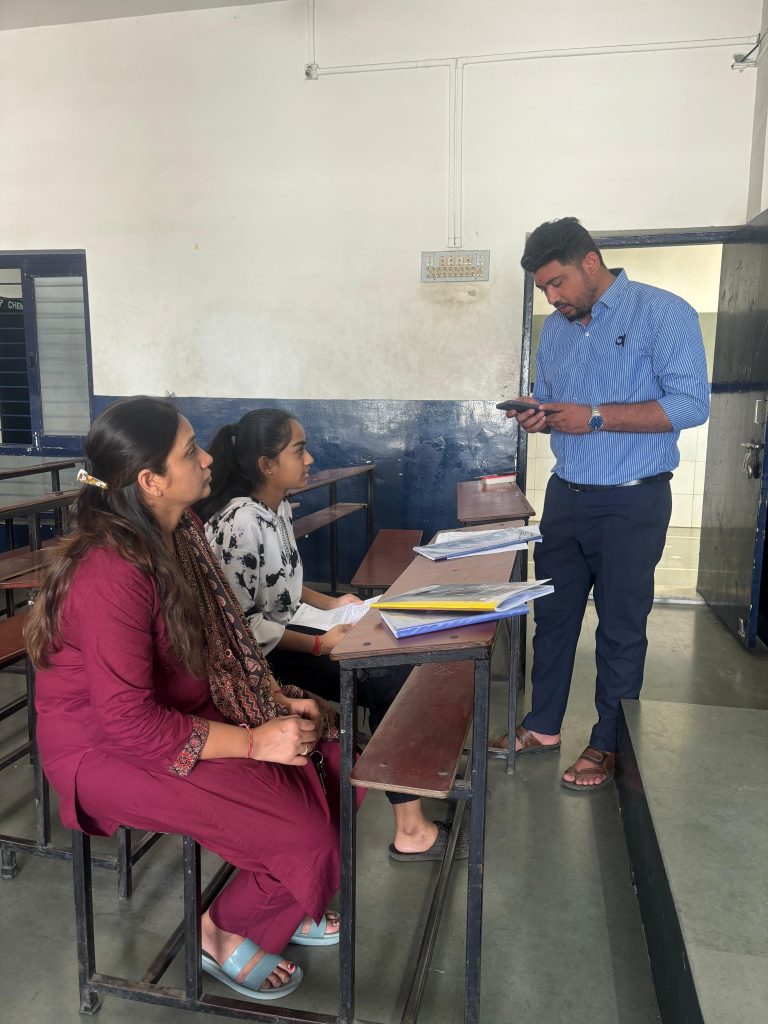
6.Identifying Strengths and Weaknesses: Teachers providedvaluable insights into students' strengths and areas requiring additional attention. This comprehensive understanding is instrumental in crafting a well-rounded educational experience. 7.Early Intervention and Support: PTMs facilitated the early identification of academic or behavioral issues. Early intervention allows for timely support systems to be put in place, preventing potential challenges from escalating.
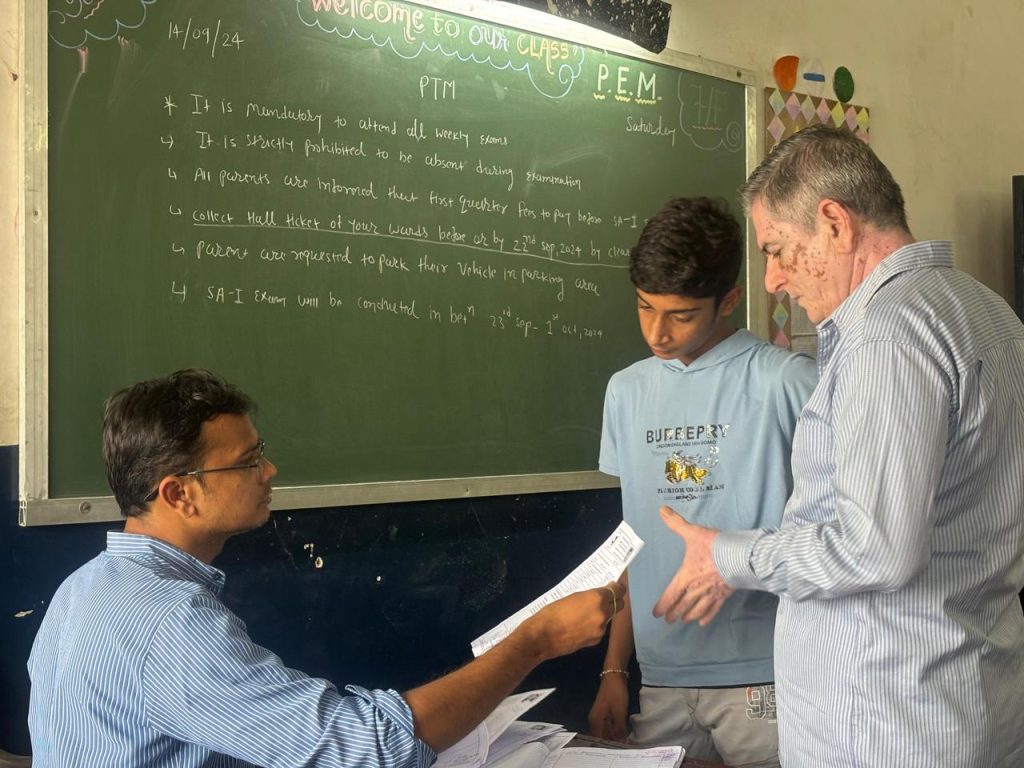
8.Resource Allocation: Teachers collaborated with parents to determine if additional resources, such as tutoring or specialized interventions, are required. This proactive approach ensures that students receive the necessary support. 9.Empowering Parents: PTMs empower parents by providing them with insights into their child's educational journey. This understanding enabled parents to actively support their child's learning at home. 10.Building Trust and Confidence: Regular PTMs contribute to the establishment of trust and confidence between parents and teachers. This trust is foundational for effective collaboration and a positive school environment. 11.Enhancing School Community: PTMs contribute to the sense of community within the school. Building connections between parents, teachers, and school administrators fosters a supportive network that benefits the entire school community.
